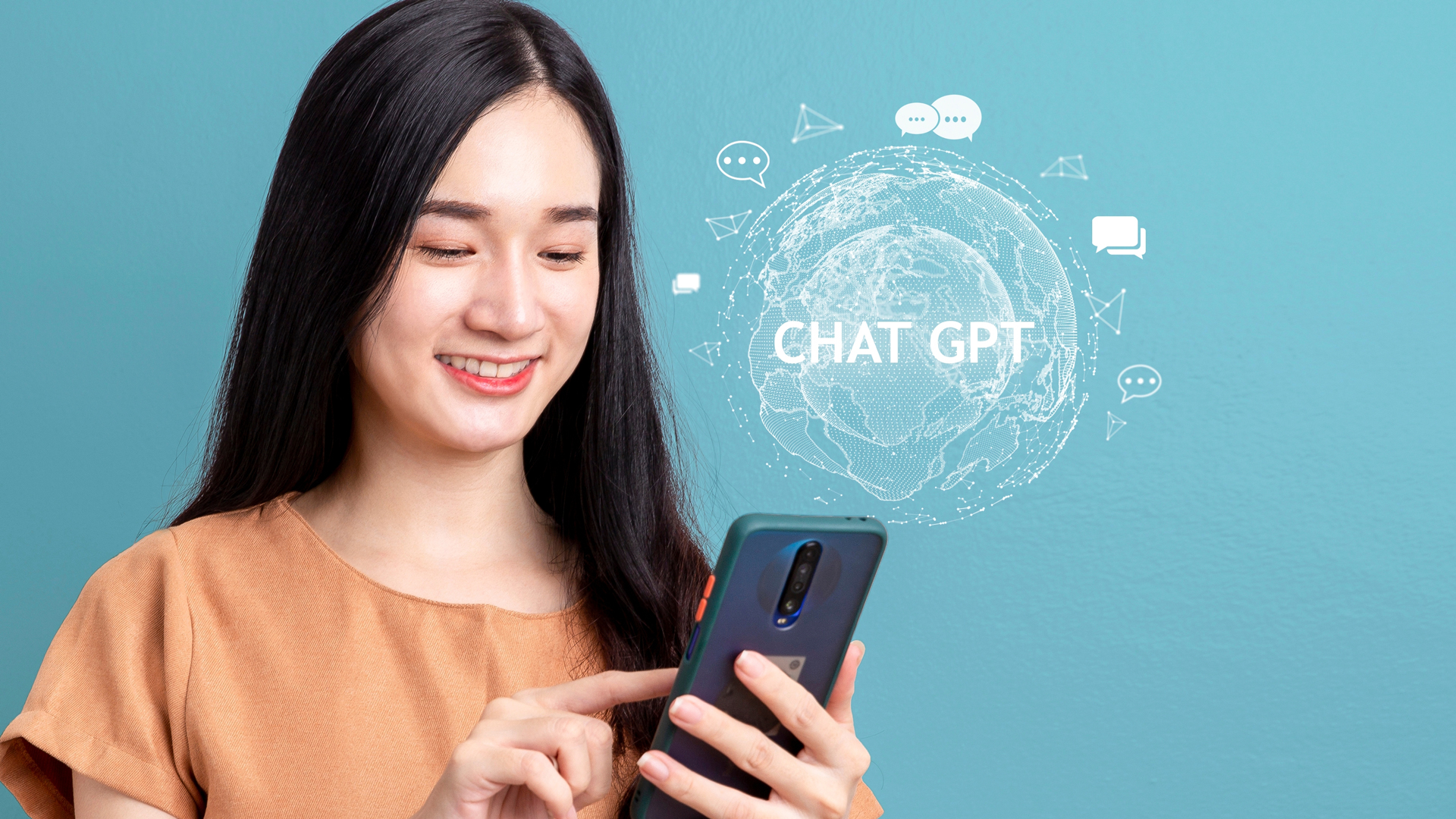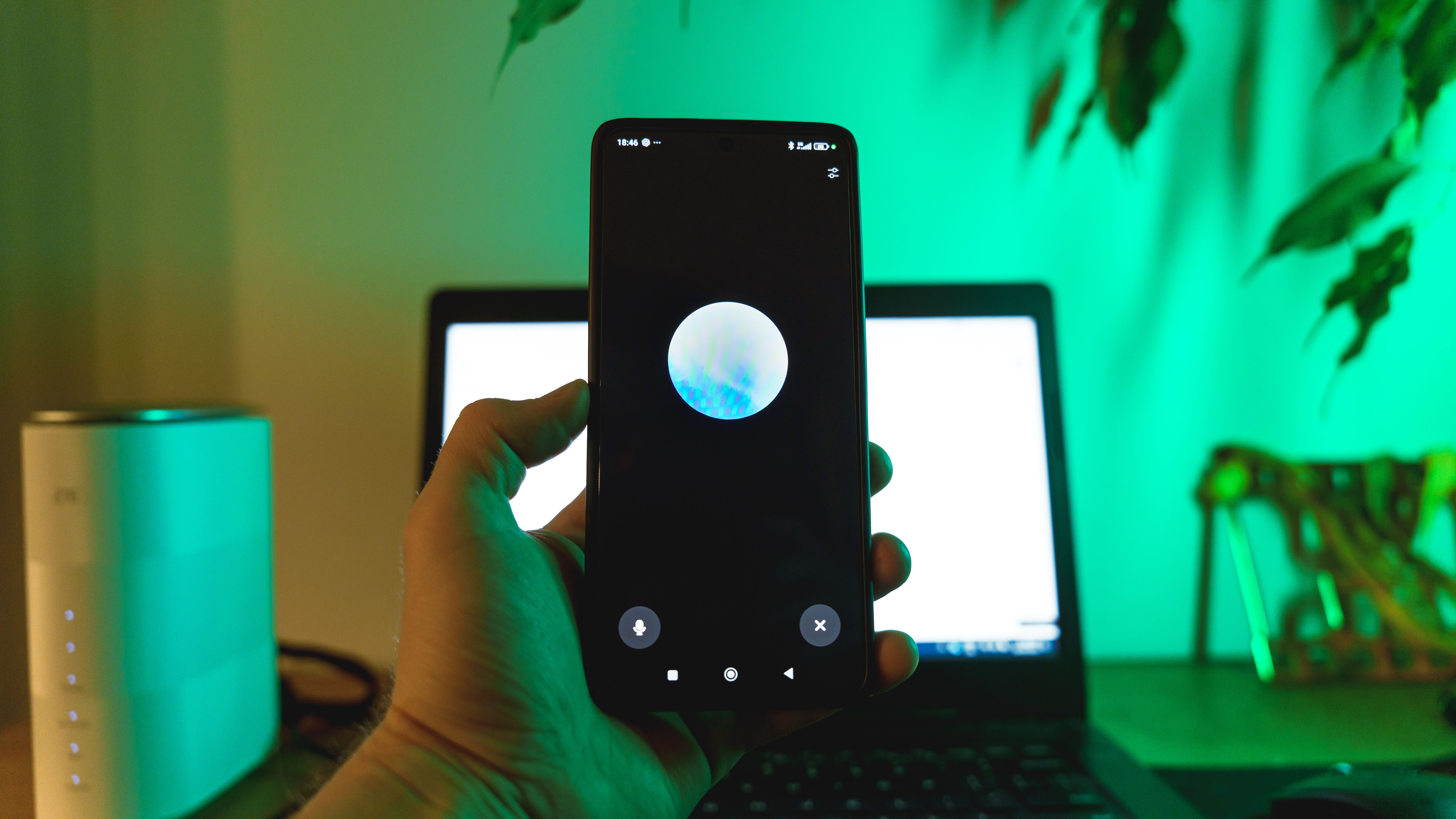ChatGPT's 10-hour outage has given me a new perspective on AI – it's genuinely helping millions of people get through life
Maybe AI is the solution to our problems after all?

OpenAI servers experienced mass downtime yesterday, causing chaos among its most loyal users for well over 10 hours.
For six hours straight, I sat at my desk live-blogging the fiasco here on TechRadar, trying to give as many updates as possible to an outage that felt, for many, as if they had lost a piece of themselves.
You see, I write about consumer AI, highlighting all the best ways to use AI tools like ChatGPT, Gemini, and Apple Intelligence, yet outside of work, these incredibly impressive platforms have yet to truly make an impact on my life.
As someone who’s constantly surrounded by AI news, whether that’s the launch of new Large Language Models or the latest all-encompassing artificial intelligence hardware, the last thing I want to do outside of work is use AI. The thing is, the more AI develops at this rapid pace, the more impossible it becomes to turn a blind eye to the abilities that it unlocks.
In the creative world, you’ll stumble across more AI skeptics than people who shout from the rooftops about how great it is. And that’s understandable, there’s a fear of how AI will impact the jobs of journalists like me, and there’s also a disdain for the sanitized world it’s creating via AI-slop or robotically-written copy.
But the same skepticism often overlooks the positives of this ever-evolving technology that gives humans new ways to work, collect their thoughts, and create.
After six hours of live blogging and thousands of readers reaching out with their worries surrounding the ChatGPT server chaos, as well as discussing what they use the chatbot for, I’ve come away with a completely new perspective on AI.
Sign up for breaking news, reviews, opinion, top tech deals, and more.
Yes, there are scary elements; the unknown is always scary, but there are people who are truly benefiting from AI, and some in ways that had never even crossed my mind.
More than a chatbot
An hour into live blogging the ChatGPT outage, and I was getting bored of repeating, “It’s still down” in multiple different ways. That was when I had an idea: if so many people were reading the article, they must care enough to share their own reasons for doing so.
Within minutes of asking readers for their opinions on the ChatGPT outage, my inbox was inundated with people from around the globe telling me how hard it was to cope without access to their trusty OpenAI-powered chatbot.
From Canada to New Zealand, Malaysia to the Netherlands, ChatGPT users shared their worries and explained why AI means so much to them.
Some relied on ChatGPT to study, finding it almost impossible to get homework done without access to the chatbot. Others used ChatGPT to help them with online dating, discussing conversations from apps like Tinder or Hinge to ensure the perfect match. And a lot of people reached out to say that they spent hours a day speaking with ChatGPT, filling a void, getting help with rationalizing thoughts, and even helping them to sleep at night.
One reader wrote me a long email, which they prefaced by saying, “I haven’t written an email without AI in months, so I’m sorry if what I’m trying to say is a bit all over the place.”
Those of us who don’t interact with AI on a regular basis have a basic understanding of what it can do, often simplifying its ability down to answering questions (often wrongly), searching the web, creating images, or writing like a robot.
But that’s such an unfair assessment of AI and the way that people use it in the real world. From using ChatGPT to help with coding, allowing people who have never been able to build a program an opportunity to do so, to giving those who can’t afford a professional outlet for their thoughts a place to speak, ChatGPT is more capable than many want to accept.

ChatGPT and other AI tools are giving people all around the world access to something that, when used correctly, can completely change their lives, whether that’s by unlocking their productivity or by bringing them comfort.
There’s a deeply rooted fear of AI in the world, and rightfully so. After all, we hear on a regular basis how artificial intelligence will replace us in our jobs, take away human creativity, and mark the beginning of the robot uprising.
But would we collectively accept it more if those fears were answered? If the billionaires at the top were to focus on highlighting how AI will improve the lives of the billions of people struggling to cope in this hectic world?
AI should be viewed as the key to unlocking human creativity, freeing up our time, and letting us do less of the mundane and more of enjoying our short time on this planet. Instead, the AI renaissance feels like a way to make us work harder, not smarter, and with that comes an intense amount of skepticism.
After seeing just how much ChatGPT has impacted the lives of so many, I can’t help but feel like AI not only deserves less criticism, but it deserves more of an understanding. It’s not all black and white, AI has its flaws, of course it does, but it’s also providing real practical help to millions of people like nothing I've seen before.
You might also like

John-Anthony Disotto is TechRadar's Senior Writer, AI, bringing you the latest news on, and comprehensive coverage of, tech's biggest buzzword. An expert on all things Apple, he was previously iMore's How To Editor, and has a monthly column in MacFormat. John-Anthony has used the Apple ecosystem for over a decade, and is an award-winning journalist with years of experience in editorial.
You must confirm your public display name before commenting
Please logout and then login again, you will then be prompted to enter your display name.